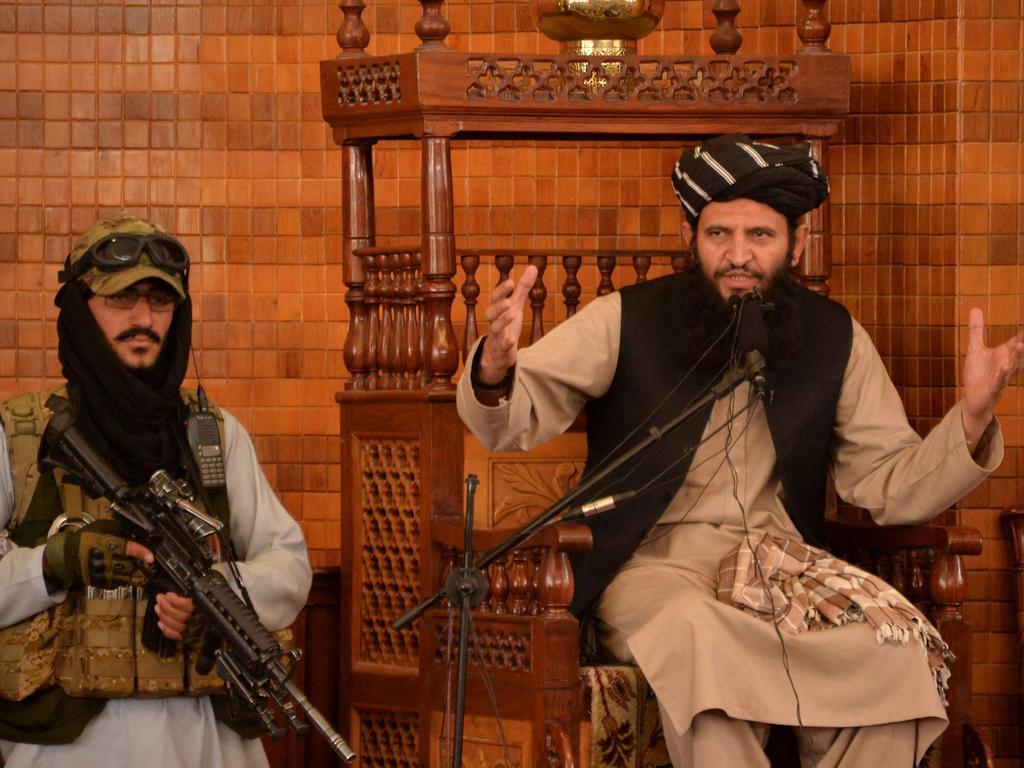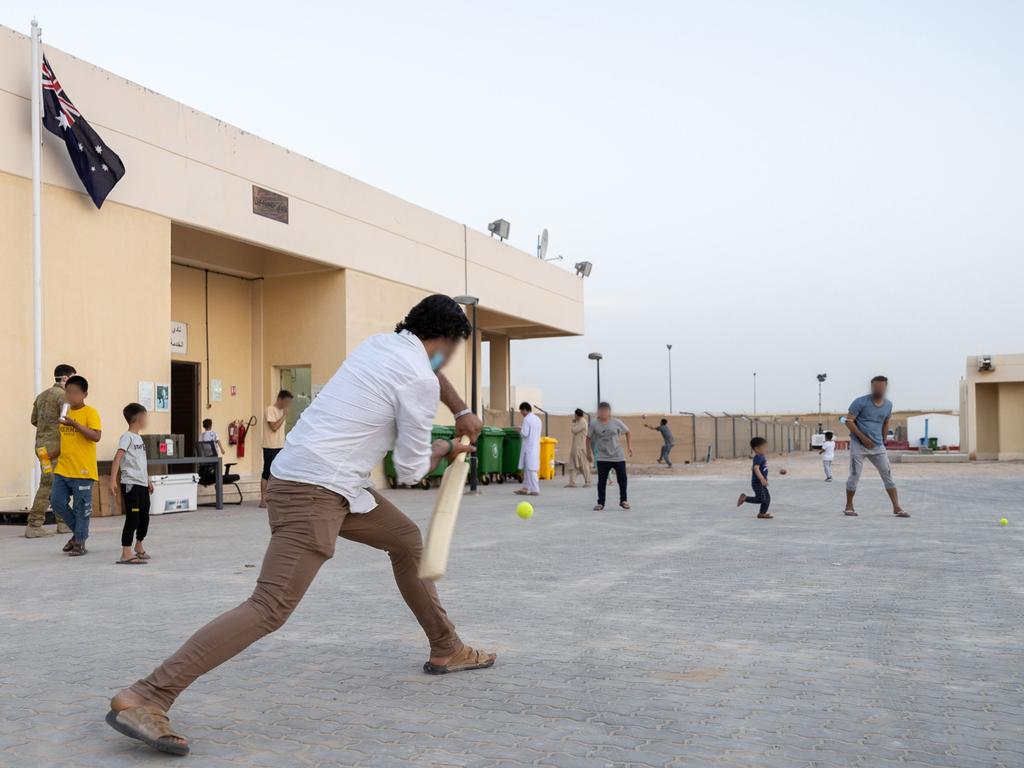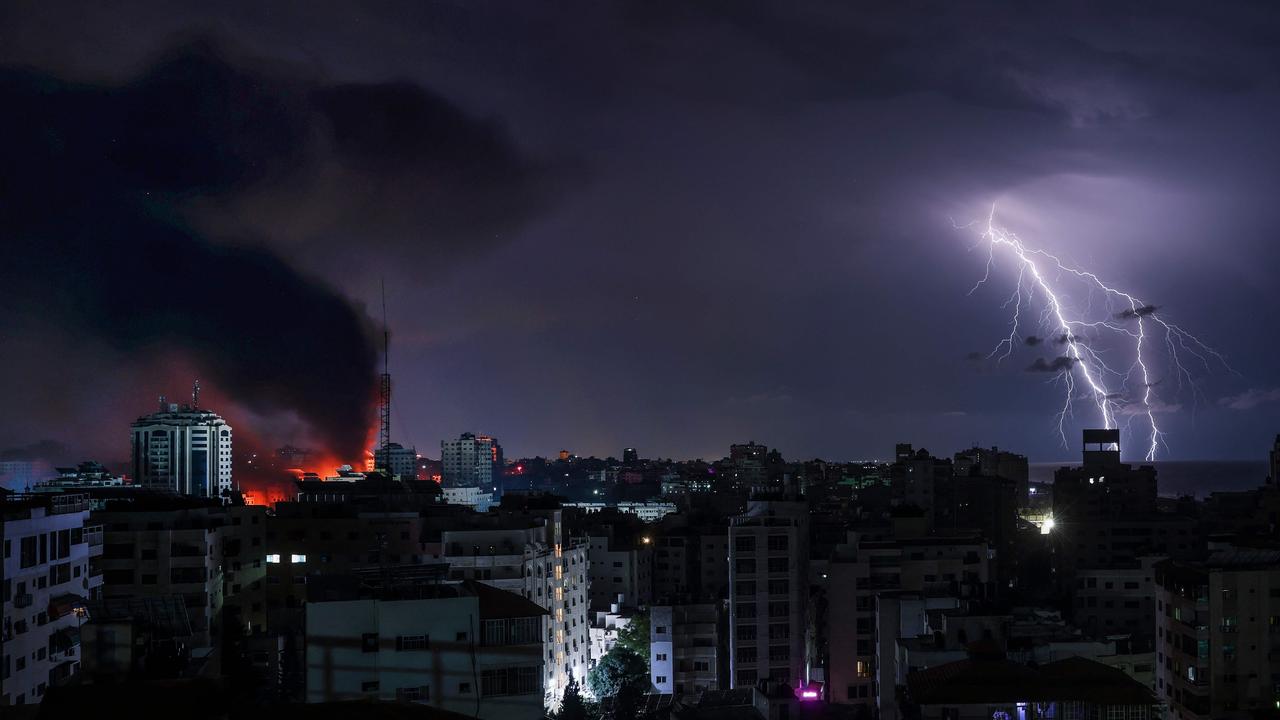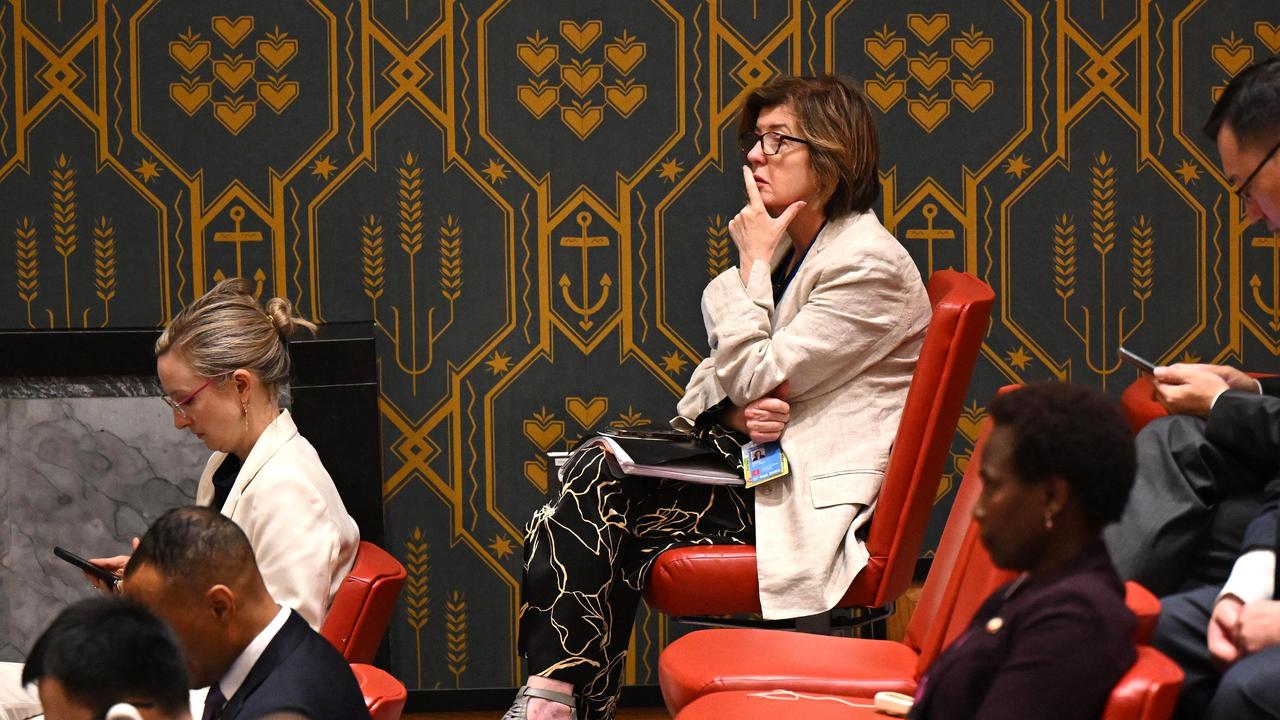Young Afghans defy ‘Kalashnikov-wielding bumpkins’
These days Kabul’s tech-savvy young enjoy yoga, fast food and Love Island. They will not easily surrender their freedoms.
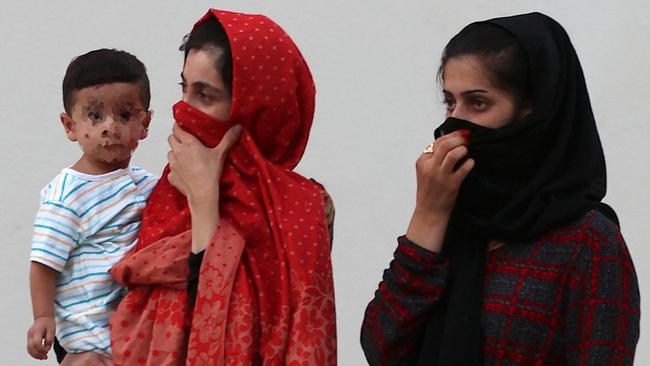
The first time I realised just how much Afghanistan had changed was a few years ago when a young transport student called Ahmadullah, who had tried to flee to Sweden and been sent back, asked me if I watched Peaky Blinders.
“I prefer Love Island,” interjected his friend Najibullah, who worked in an IT office and told me he would meet up with friends in the iCafe to watch it together over espressos.
The friends included a fashion influencer with more than 400,000 followers on TikTok for her daily posts set to Western dance tracks and a coding whizzkid renting workspace for his start-up in The Hub, a space with bleached wooden desks and bonsai trees that would not have looked out of place in Manhattan.
Watching the Taliban gathering in the presidential palace in their robes and turbans last week, talking of sharia law, I thought of these young people and how on earth their very modern life could fit in with their new rulers’ austere vision of Islam.
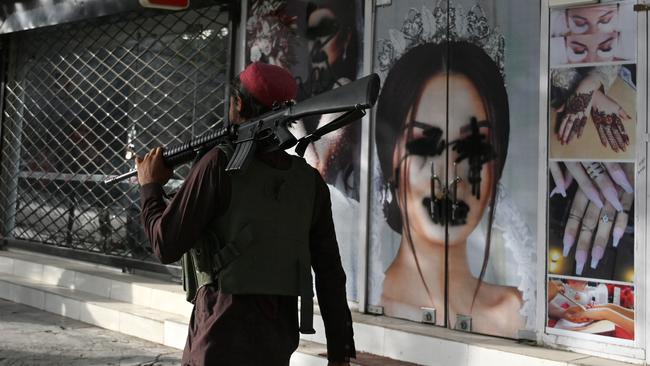
About two thirds of Afghans are under 25, so they have little to no memory of the previous Taliban rule from 1996 to 2001. But they have all heard the stories of how they stopped women working, locked them up for wearing lipstick or nail varnish and turned football stadiums into bloody arenas where they held public amputations, hangings and stonings.
Nowhere I have reported from has changed as much in the past 20 years as Afghanistan. In 2001, when the previous Taliban regime was toppled by US-led forces after 9/11, it was a country so cut off from the outside world that people I met couldn’t comprehend the attack on the World Trade Centre. They were unable to imagine a building with 110 floors — the tallest in Kabul had four.
There were almost no phone lines — when an interim government was installed under Hamid Karzai, ministers worked with satellite phones and suitcases of cash were flown in to pay wages. Western soldiers arriving were stunned by how backward the country was, with its unmade roads, people burning tyres for heat, almost no running water, schools with no walls and minimal health facilities.
Simple toys I took for children were placed with great reverence on shelves as precious items. The only entertainment in Kabul was the zoo, which had a few pigs and a scrawny, blind lion called Marjan, which died after the British newspaper the Daily Mail ran a campaign to save it.
Much of rural Afghanistan remains rooted in conservative ways and inclined to support the Taliban, but the Kabul of today is a city of shopping arcades, burger and steak restaurants and espresso bars like the iCafe. Last time I was there I even discovered a yoga studio.
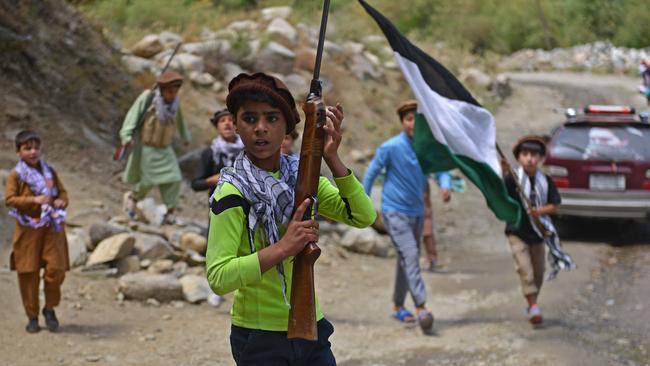
Much of this change is due to the spread of mobile phones, exposing people to an outside world many did not know existed. During the 2014 elections I visited a poor northern village, many hours from anywhere, and was sitting with a group of long-bearded elders when to my surprise a phone rang. To my even greater surprise it was a smartphone.
How many of you have smartphones, I asked the gathering. All 12 of them pulled phones out of their pockets.
“We’re on Facebook too,” said the first elder, asking if he could “friend” me.
Now 90 per cent of Afghans have access to mobile phones, including many who are illiterate but still hooked up to social media.
Education has also changed things. Hundreds of thousands of young Afghans have graduated from private and state universities that have sprung up across the country. Many are female, and these women are in particular danger and among those with most to lose.
There are girls’ cycling clubs, football teams and robotics teams. Women have become police chiefs, prosecutors, judges and film directors.
“We are not about to give this up because of some Kalashnikov-wielding bumpkins in turbans,” said one of the country’s first female rappers.
The Taliban insist they too have changed, presenting themselves as Taliban 2.0 and promising to respect women’s rights, forgive those who fought against them and allow Afghanistan’s flourishing free press to continue. They have said Afghans can still enjoy television and social media (they themselves are active on Twitter and have a WhatsApp group for foreign media).
Asked at their first press conference what was the difference between them and the old Taliban, their spokesman Zabiullah Mujahid replied: “If the question is based on ideology, and beliefs, there is no difference. But when it comes to wisdom, maturity and vision, there is difference. It’s a kind of evolution.”
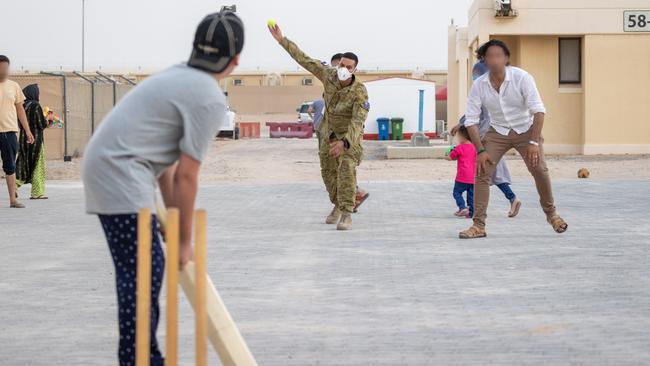
Last week they allowed the Shia minority, which they have repeatedly targeted in the past, to commemorate Ashura, which marks the death of the grandson of the Prophet. But few believe this is more than window dressing to court international support.
Some women have already been prevented from working. Shabnam Khan Dawran, a presenter at the state-owned Radio Television Afghanistan, told Tolo TV: “I wanted to return to work but the Taliban told me the regime has changed and you cannot work.”
In an ominous signal the Haqqani network has been put in charge of Kabul security, a decision widely seen as putting a fox in charge of the chicken coop. Not only are the Pakistan-based Haqqanis closely allied to al-Qa’ida, but their leader, Khalil al-Rahman Haqqani, is on both the US and the UN terrorist list and has a $US5m ($7m) bounty on his head.
Not surprisingly, few trust the supposed new model Taliban. Few have more reason to fear the worst than 18-year-old Wali Yasini and his elder brother.
Every afternoon when he gets home from school in Kabul, Wali sets up his smartphone on a tripod and makes a video, which he uploads to his YouTube channel. “My dream is to be an influencer,” he said.
Apart from his Educate with Wali channel, which has more than 10,000 subscribers, he also posts photos of himself and his artworks on Instagram. “We just want a normal life like young people anywhere, but there is no chance,” he said.
The family has experienced the brutality of the new Taliban at first hand. Wali’s brother, an economics student, narrowly survived an attack at Kabul University last November that left 32 dead. Then, in January, their mother, Qadria, one of Afghanistan’s first female Supreme Court judges, was gunned down on her way to work along with her fellow judge Zakia Herawi. The handbag she held up to try to protect herself was shot through five times. One of the bullets went through a Mother’s Day card from the boys that she carried everywhere.
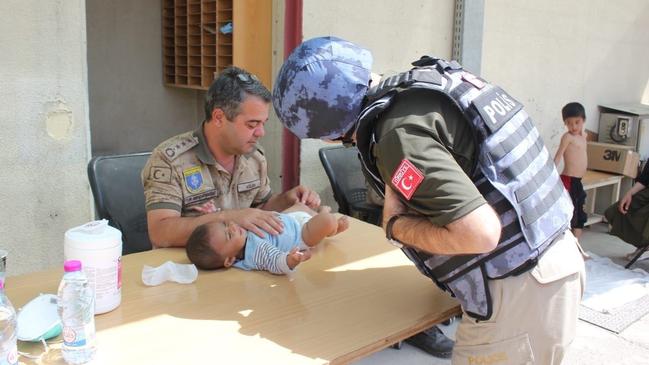
The boys are desperate to leave, but embassies are shut and emails remain unanswered. Now they are appealing to British Prime Minister Boris Johnson to let them in as part of his pledge to help vulnerable Afghans.
“We are orphans whose mother was killed by those now in power and we told the world,” said Yasini. “Surely we are vulnerable.”
Horrifying scenes of crowds at Kabul airport scrambling to get onto evacuation flights continued all through last week, including a mother passing over her baby to British soldiers. But some insist they will stay.
“Better here than be evacuated by the US,” said Fawzia Koofi, one of the country’s first female MPs, who has survived two assassination attempts.
Adam Holloway, a former British soldier turned Tory MP who has visited Afghanistan often, is inundated by requests for help.
“I’d do the same,” he said. “But I worry what we’re doing is airlifting out the entire educated middle class, exactly the people the country needs.”
The Taliban have demonstrated that they know how to fight. But the big question is how they will govern, particularly given the changes in Afghan society.
Dr Zaman Stanizai, professor of Islamic traditions at the Pacifica Graduate Institute in California, said it would be hard to impose rule over a society where people have got used to freedom.
“Last time they came to an Afghanistan of chaos, a country in ruins, an Afghanistan of fiefdoms, and people welcomed them,” he said. “But now people are used to free press and television programs making fun of the president. I’m sure there will be resistance, particularly from the young.”
The Sunday Times

